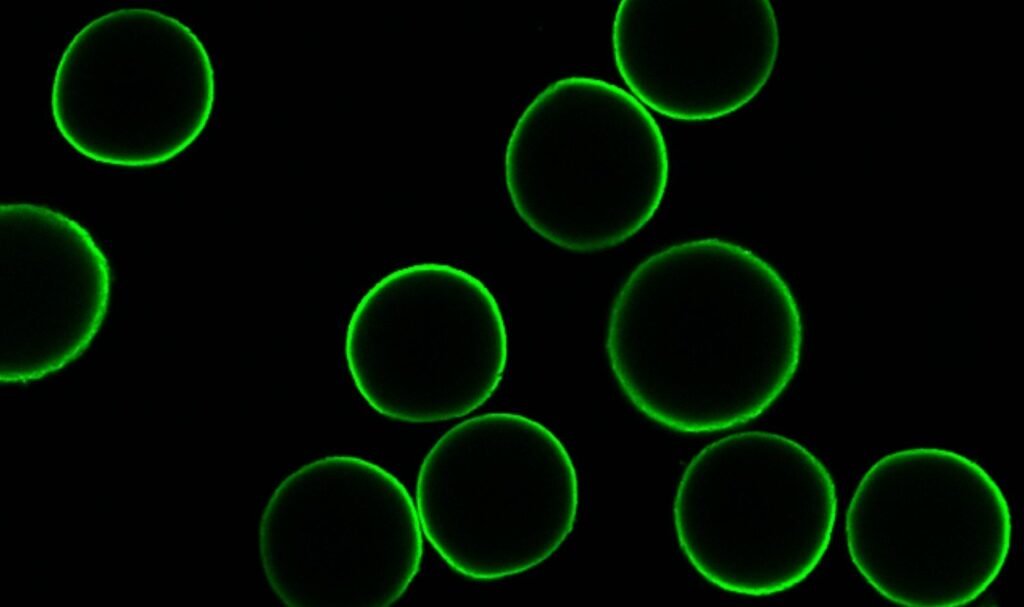A groundbreaking study conducted by Karolinska Institutet has unveiled a promising development in the realm of nonhormonal contraception. The research focuses on a small antibody fragment that has the potential to block fertilization by targeting a crucial protein on the surface of the egg. This significant finding paves the way for a novel contraceptive method that could revolutionize reproductive health. The study, recently published in the Proceedings of the National Academy of Sciences, sheds light on the efficacy of this innovative approach.
The research team elucidated how a modified antibody fragment can impede fertilization by zeroing in on the protein ZP2 present on the egg’s surface. Professor Luca Jovine, leading the study, highlights the importance of ZP2 in sperm binding and preventing polyspermy. Through X-ray crystallography, the scientists meticulously mapped out the interaction between the antibody IE-3 and ZP2 at the atomic level. A condensed version of the antibody, known as scFV, demonstrated remarkable effectiveness in blocking fertilization in experiments with mouse eggs. Importantly, the absence of the Fc region in scFV mitigates potential immune responses, thereby minimizing adverse effects.
Jovine underscores the significance of the antibody fragment’s compact size in enhancing its safety profile. By circumventing the immune-triggering properties associated with conventional antibodies, scFV offers a promising avenue for a targeted and reversible contraceptive method devoid of hormonal risks. Unlike existing contraceptive approaches reliant on hormones, this novel strategy aims to inhibit fertilization at the egg’s surface, presenting a viable alternative with fewer side effects.
Moving forward, the researchers plan to tailor a similar antibody that targets human ZP2 and evaluate its ability to block fertilization in human in vitro fertilization (IVF) procedures. If successful, the subsequent phase will focus on assessing the antibody’s safety, stability, and potential delivery mechanisms. This progression brings researchers closer to realizing a nonhormonal contraceptive method suitable for human use, offering a safer and more effective option for individuals seeking contraception.
For those interested in delving deeper into the study, further information can be found in the Proceedings of the National Academy of Sciences under the title “Structural basis of ZP2-targeted female nonhormonal contraception.” The DOI for the study is 10.1073/pnas.2426057122.
This groundbreaking research, spearheaded by Karolinska Institutet, holds immense promise for the future of contraceptive options. By harnessing the power of antibody fragments to block fertilization, this innovative approach could herald a new era in reproductive health and family planning. Stay tuned for more updates as this research continues to unfold.


